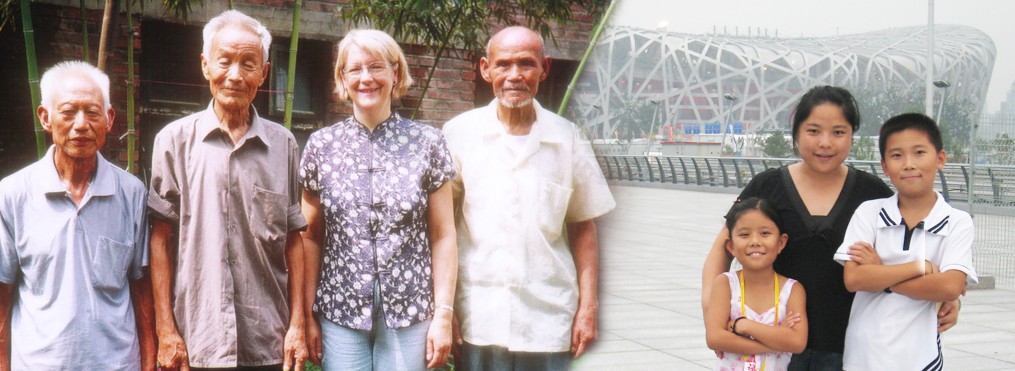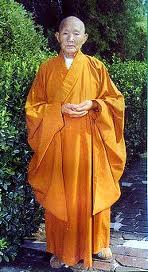General Introduction
Spiritual aspects of life are ever present in the daily life of many Chinese people. The relatively short period of communist atheism could not change the age old practices. Today so called “normal religious activity” is tolerated, even protected, by the government. Article 36 of the Constitution of 1982 declares that “Citizens of the People’s Republic of China enjoy freedom of religious belief”.
There are 5 officially sanctioned religions or belief systems in the PRC: Daoism, Buddhism, the Catholic and the Protestant Church as well as Islam. Confucianism is not officially regarded as a spiritual practice as such, although many people feel differently about it. Not officially sanctioned are the various “folk religions”.
I shall be writing separate articles about the above mentioned belief systems. In this first article I will just try to give a short impression of what spiritual life in the PRC looks like today. This short introduction can only be of a very general nature as spiritual practices vary between regions, ethnic groups, villages, towns and cities.
If you ask a Chinese person “What is your religion?” he will give you a somewhat puzzled look: “What do you mean?”. This is because Chinese people live – and have always lived – in a culture of multiple belief systems that do not exclude one another, but are rather intertwined in the daily reality of the people (this, of course, applies to other Asian cultures as well).
Sure, people make a difference between a Daoist temple where they go when they need guidance concerning health matters and a Confucian temple where they may seek help when they have family problems. They also know that the Christian churches differ from the above mentioned not only thru the different building style and the way religious service is conducted. They are also known to be places where at Christmas time everyone gets little presents and something to eat and where western style Christmas decorations are never taken down. Furthermore, spiritual specialists e.g. “shamans” act as healers, soothsayers and priests not only in the far away countryside villages but also in big cities all over the country.
There is a lovely Daoist temple called the White Cloud Temple in Beijing. It has been carefully restored and is a peaceful oasis in the buzzing city. Tourists go there to marvel about the beautiful buildings and the exotic looking monks who go about their daily business of sweeping the ground and talking to visitors. Local people go there to worship and, as mentioned before, to discuss their health problems with the monks.
I was visiting the White Cloud Temple with a local friend when we saw two women burning joss sticks and bowing their heads in front of statues representing the pantheon of Taoist Gods. My friends asked them what they praying for. The younger woman told us that she was about to take an entrance exam to a university. Together with her mother she had been going thru all the spiritual institutions of Beijing to ask for spiritual support. Just to make sure.
This is how many Chinese people feel about spiritualism. Each spiritual belief system represented by a temple, a church or a soothsayer’s room with the corresponding personnel has something different to offer to help them manage their daily life. Why not take advantage of all of them?
Here is a link to a Zeit Online-article in German ReligionChinas Sinn fürs Unendliche
Sourses of pictures: www.buddhanetz.org ; http://www.paulnoll.com/China/Eclipse/Baoding/Baoding-Church-10-big.html ; http://www.flickriver.com/photos/mytripsmypics/8093027319/ ; http://www.historyforkids.org/learn/china/philosophy/confucius.htm ; http://www.sacred-destinations.com/china/beijing-baiyun-guan-white-cloud-temple.htm )






